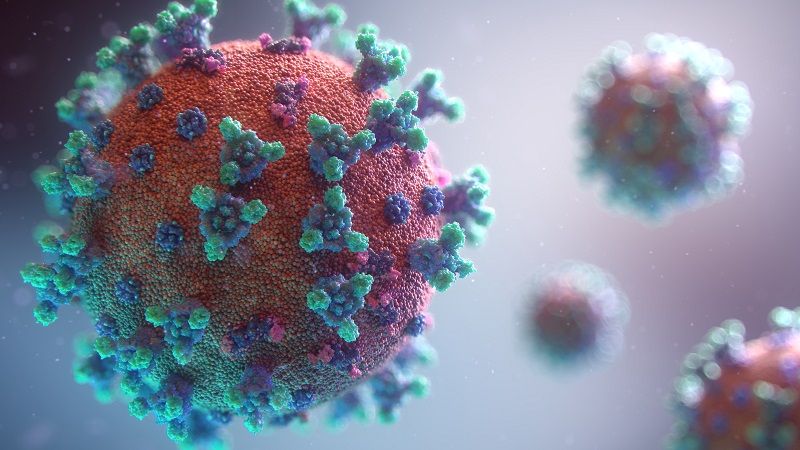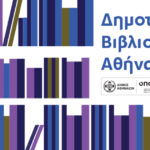Wishing to contribute to the global effort to combat and contain the COVID-19 pandemic, the Greek scientific and research community have already been working hard to this end. Improving understanding of the newly identified virus and its possible future evolution as well as developing precise diagnostics and treatment is a top priority within medical and research communities. Scientific information is also an important tool for policy and decision-makers so as to make evidence-based decisions to control the outbreak or prevent a future one. Reliable information about scientific facts is also encouraging citizens to act more responsibly debunking misinformation.
Within this scope, a “Flagship Action to address the SARS-CoV-2 crisis” was recently launched in Greece concerning the funding of an epidemiological study in the country with € 2.475 m, as part of the overall strategy implemented by Greece in response to the pandemic crisis. The Action, which involves research in extensive testing for virus and antibody detection, viral genome sequencing and genetic analysis of patients, will be supervised by the General Secretariat for Research and Technology (GSRT) and is funded under the Ministry of Development & Investment public investments programme (PIP).
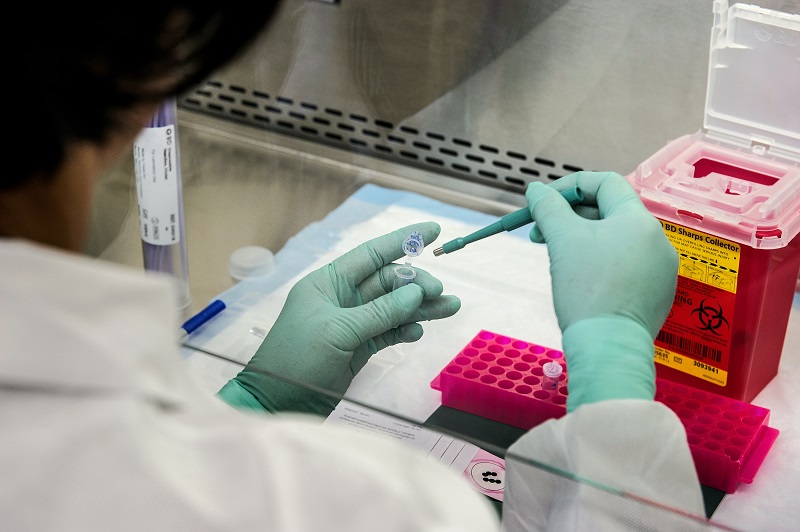
The Greek research and academic community will have a pivotal role and is eager to combine efforts to respond to the present health, as well as economic and social, crisis being at the forefront of the international effort to study Covid-19 and generating new knowledge to address the health crisis. Along with the international scientific and research community Greek researchers will try to develop reliable molecular and immunological techniques for the identification and characterization of the virus, an accurate description of the epidemiological characteristics of coronavirus disease, understanding the pathophysiology of Covid-19 infection, identifying treatment goals, and developing a vaccine and effective antiviral drugs.
The epidemiological study is expected to provide answers to the following questions:
1. Given the global spread of the virus and the possible shortage of reagents, will Greece be able to respond successfully to the increased demand for virus detection tests as well as antibody tests, particularly as containment measures are gradually lifted?
2. Despite identification of high-risk groups (seniors and people with underlying conditions), predictability of outcome for individual patients remains relatively low. Are there factors like genetic susceptibility which could help in this regard?
3. Which are the transmission patterns of the virus and which are the predominant virus strains among the Greek population?
4. Which will be the immunity levels of the population and of each patient after the pandemic?
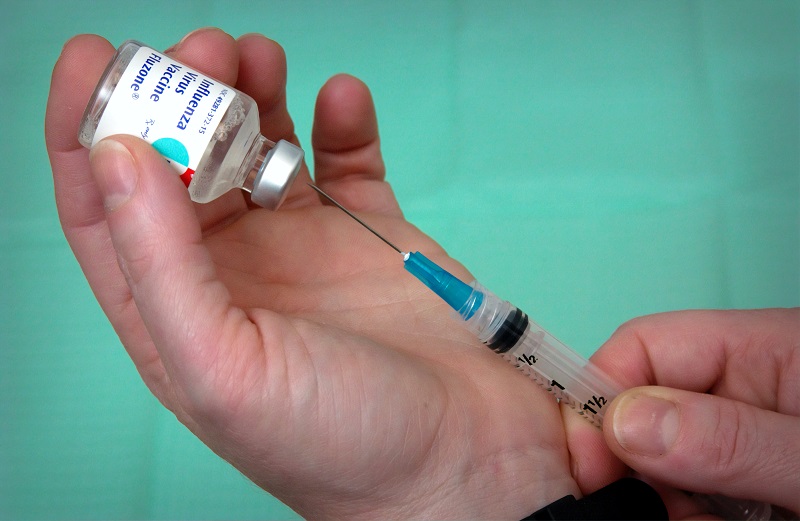
Research Centers, University Laboratories and the medical community in Greece will join their forces, so as to understand and fight against this major global public health issue achieving the following:
• Promotion of research to understand the SARS-CoV-2 infection;
• Development of predictive models and identification of therapeutic goals with a view to developing effective antiviral treatments through combined effort by the research/academic community and the pharmaceutical industry;
• Contribution to shaping public health policies;
• Participation of Greece in international flagship initiatives on genomics;
• Promotion of computer science and bioinformatics;
• Practical implementation of study findings in the fields of medical biotechnology, biomolecular diagnostics as well as information science and artificial intelligence;
• Enhanced international visibility for the Greek scientific community;
• Development of innovative entrepreneurship in the fields of life sciences and computer science.
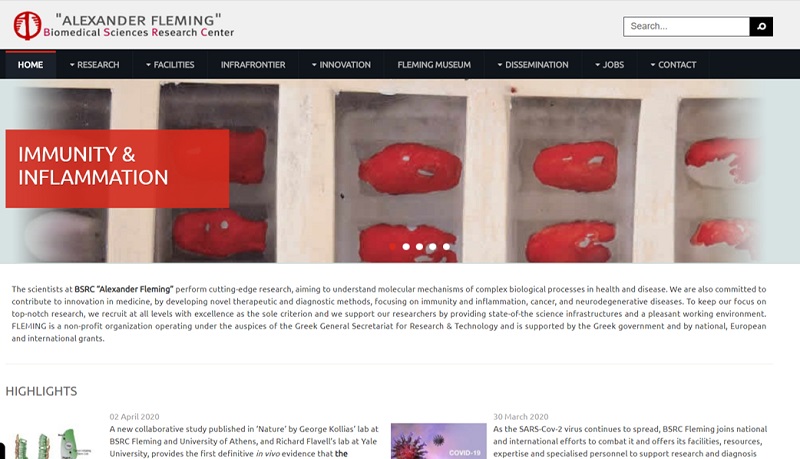
The Action will be implemented by four Higher Education Institutions and six Research Centres and namely:
1. National and Kapodistrian University of Athens | Department of Medicine
2. Aristotle University of Thessaloniki | School of Medicine
3. University of Crete | School of Medicine
4. University of Ioannina
5. Biomedical Research Foundation (BRFAA) of the Academy of Athens
6. Centre for Research and Technology-Hellas (CERTH) |Institute of Applied Biosciences (INAB)
7. Hellenic Pasteur Institute
8. Biomedical Sciences Research Center (BSRC) “Alexander Fleming”
9. Foundation for Research and Technology –Hellas (FORTH)
10. National Centre for Scientific Research (NCSR) “Demokritos”
Greece participated in the international initiative Coronavirus Global Response in a on line pledging event chaired by the European Commission in May 4, in response to calls by the World Health Orgabization and other global health organisations to accelerate the development, production and equitable access to vaccines, diagnostics and therapeutics.
Greece offered 3 million euros to this joint effort, beyond the Greek institutions and private foundations that have already made significant donations in the fight against Covid-19. The Greek PM Kyriakos Mitsotakis during the pledging marathon stressed that the vaccine should be a “global public good” ensuring that all countries have equal access to the fight against the pandemic.
The marathon, that reached the initial target of €7.5 billion with the participation of governments and International Organizations, will continue, giving the civil society and people worldwide the opportunity to join this global effort.
IE
TAGS: HEALTH | RESEARCH | SCIENCE & TECHNOLOGY

